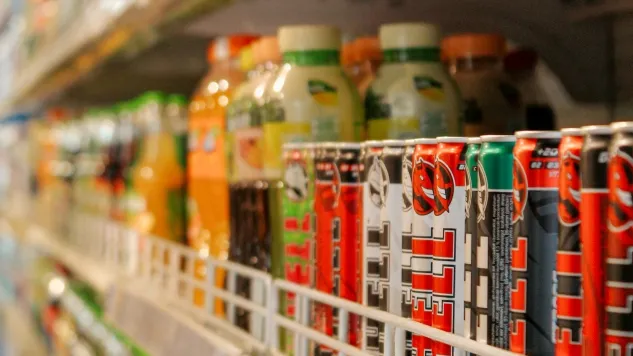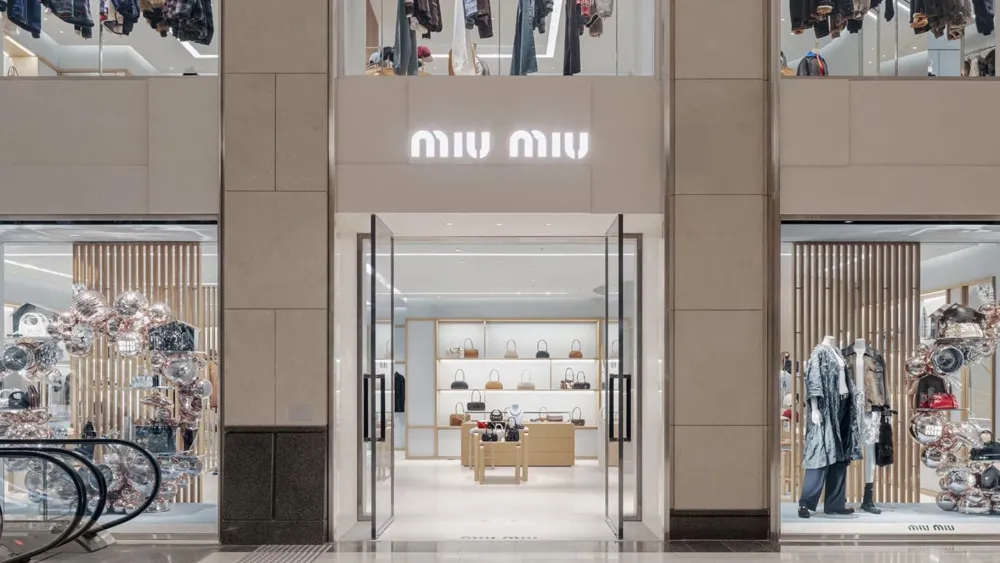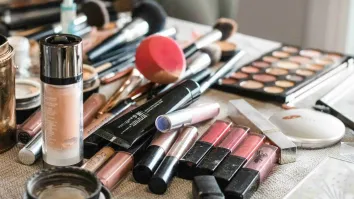
Proposed tax hikes could hurt no-alcohol beer in Thailand
A tax hike on no-alcohol beer is being considered to discourage attracting novice drinkers.
A proposed tax increase on no-alcohol beer in Thailand could hurt the industry, GlobalData reported.
The report noted that a tax hike could disrupt the industry’s recovery from the 16.3% volume decline it registered due to the pandemic.
“Several no-alcohol beer brands, such as Heineken 0.0, Hite Zero 0.0, Krombacher Weizen, and Bavaria Original have been introduced in Thailand in recent years. These products are positioned as better-for-you options with negligible alcohol content and a lower calorie count compared to regular beers,” Bobby Verghese, Consumer Analyst at GlobalData, said.
“These brands target drinkers who are moderating their alcohol consumption or abstaining from it due to health concerns or lifestyle changes. Their marketing campaigns are thereby directed at young adults who have entered the legal drinking age, women, working-class urbanites, and active parents. ”
Read more: Retailers could bear the brunt of Malaysia’s proposed luxury tax
Presently, an excise tax of 22% is levied on the retail sales price of alcoholic beer, whilst low-/no-alcohol beers are subject to a 14% excise tax, on par with non-alcoholic beverages, such as carbonates.
In 2019, the Royal Thai Excise Department proposed to increase the tax on no-alcohol beers to prevent encouraging novice drinkers. This was however postponed due to the pandemic.
“The Thai Public Health Ministry rationalized that due to the lower tax rate, no-alcohol beers were cheaper than regular beers, and thereby are being perceived as alternatives to non-alcoholic refreshments,” Tim Hill, Key Account Director at GlobalData Singapore, said.
“The Excise Department thereby proposes to elevate the tariff on no-alcohol beers to a midway point between that of carbonates and regular beer.”



















 Advertise
Advertise






